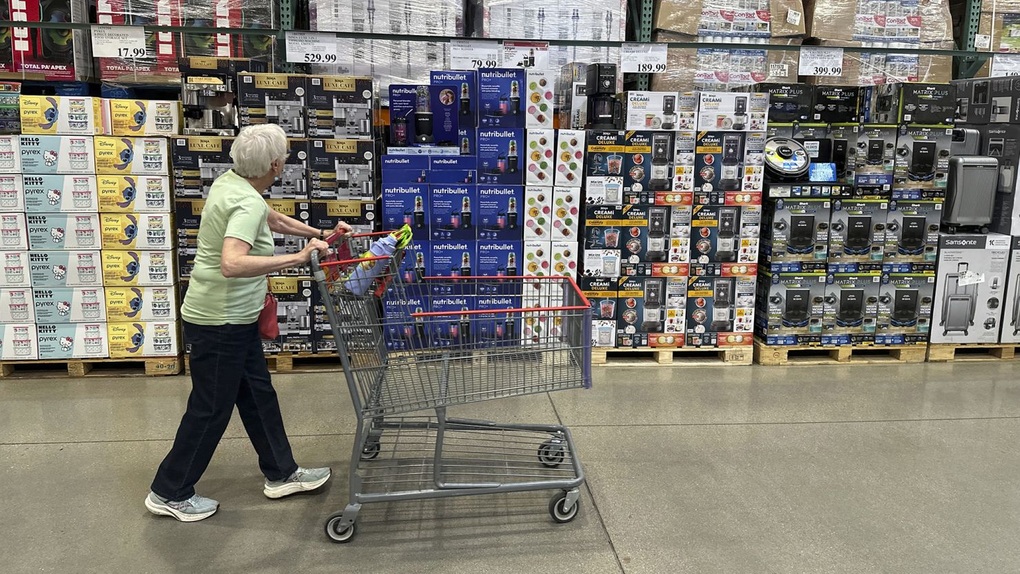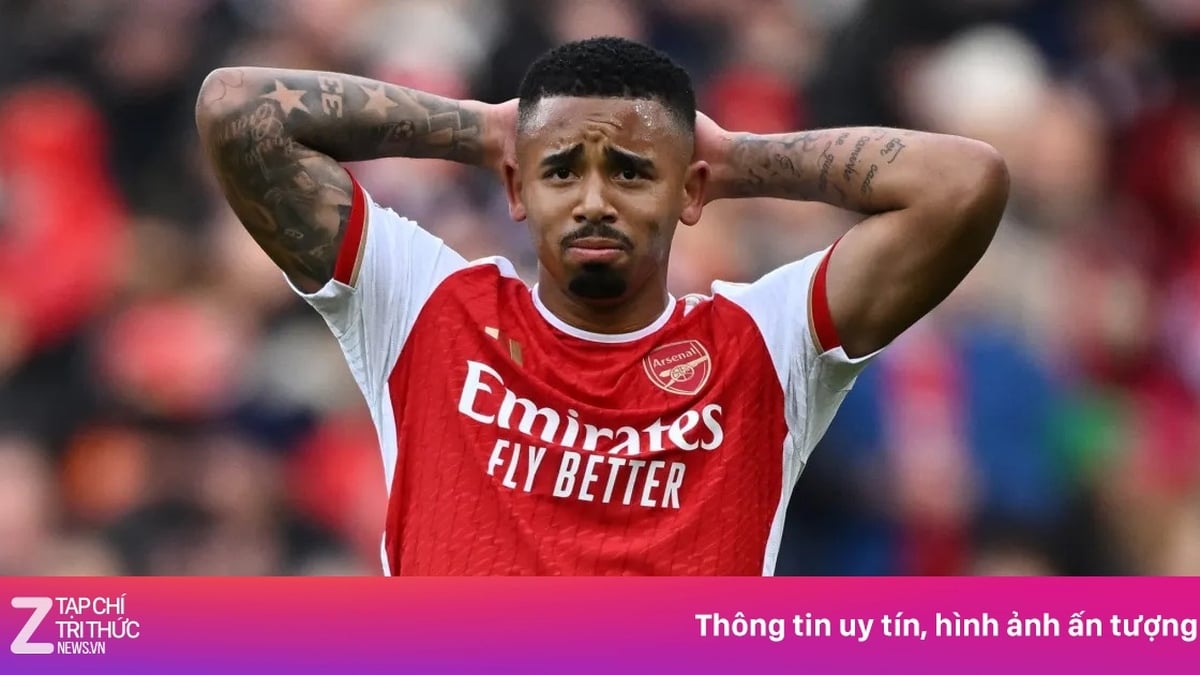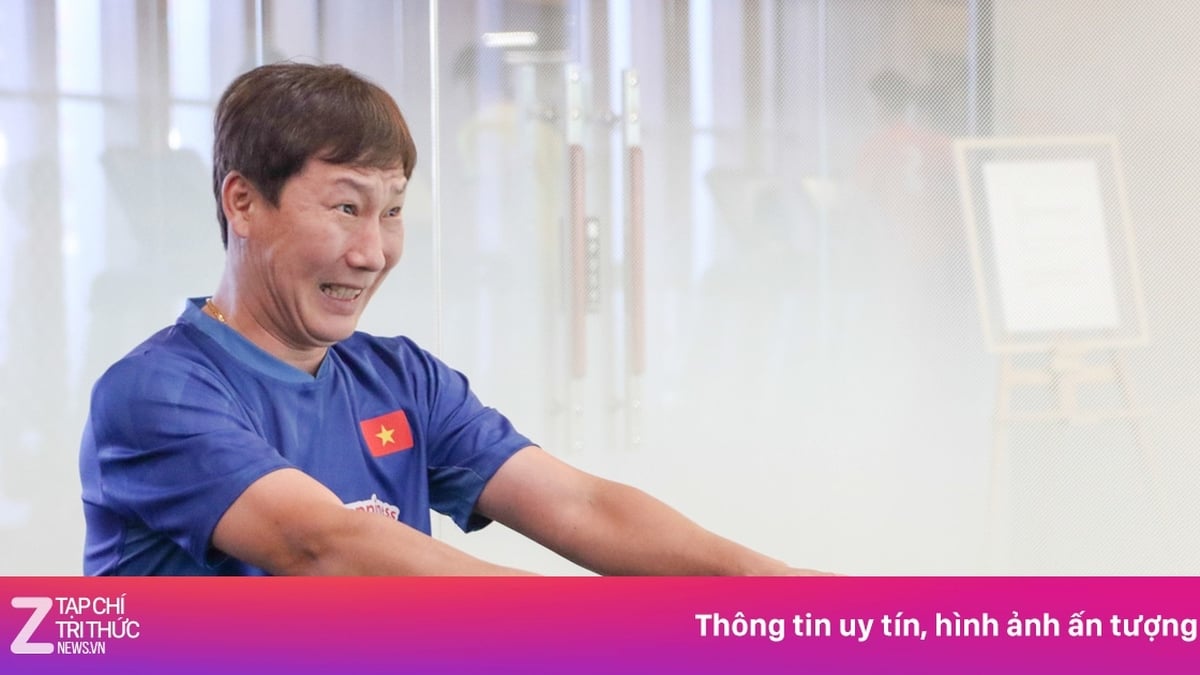In the business world , we often analyze consumer behavior through rational numbers. But today, the most important spending decisions are being driven by a more emotional factor: anxiety. In a world of uncertainty, consumers are not simply tightening their spending; they are restructuring their entire value system, and peace of mind is taking the lead.
A recent Life360 survey of 1,000 U.S. adults found that 71% of respondents said they felt “vulnerable” economically . 64% admitted that their anxiety levels had spiked since the start of the year. When asked to use three words to describe their feelings this year, the top words painted a grim picture: stressed, anxious, and confused.
The source of this collective unease is a perfect storm. Relentlessly rising living costs, the specter of tariffs, and an uncertain job market where artificial intelligence (AI) is both an opportunity and an existential threat. Anxiety is no longer a vague emotion but a tangible economic force, reshaping the way we spend our money every day.

Amid the “price storm” and the AI wave, American consumers feel more insecure than ever (Photo: AP).
Tight wallets and emotional choices
The natural and logical response to financial stress is to cut back on spending. And consumers are doing just that. 56% have reduced the frequency of eating out or ordering takeout. 47% have cut back on online shopping clicks. 45% have put off long-distance travel plans. Fancy dinners have been replaced with home-cooked meals, online shopping carts have been abandoned, and sunny beaches have become a fantasy.
Yet, amid that picture of across-the-board cuts, one spending category not only did not decrease but actually grew dramatically: safety and security.
This category, which includes emergency alert apps, home security systems and digital security software, is the only one where spending increased (21%) outpaced spending cutbacks (20%). This is the heart of the paradox: as money gets tighter, people are willing to pay more for peace of mind.
Life360 economist Aaron Terrazas has an astute analysis: “As economic uncertainty increases, the need for safety becomes more urgent. Investors seek safe havens, businesses prioritize the least risky investments, and families bet on peace of mind.”
Why are young people more afraid?
What’s even more striking is the divide in concerns. The survey found a clear generational divide. While Generation X (born 1965-1980) and Baby Boomers (born 1946-1964) prioritize spending on health, Generation Y (born 1981-1996) and Gen Z (born 1997-2012) put safety and security as their number one concern.
Why the difference? Mr. Terrazas attributes it to “personality-shaping economic experiences.” Today’s young generation has grown up amid a long history of historical turmoil.
“Just as their grandparents were shaped by the Great Depression and World War II, Gen Z and Gen Y have come of age amid the tumult of the 2008 global financial crisis and the Covid-19 pandemic,” Terrazas said.
These events have imprinted a lesson on their subconscious: the world is an unpredictable place, and safety is a fragile thing that needs to be proactively protected. Their prioritizing safety is not a passing trend, but a core value that will likely stay with them throughout their lives.
Safety - The New "Inviolable" Goods
Because they are raised in an environment of insecurity, young people and their parents see tools that provide a sense of security not as an option, but as something "sacrosanct."
40% of parents say that security and alert apps are “must-haves.” In fact, 55% of parents and 43% of all respondents said they would fight to keep these security packages, even if they had to cut back on other things.
Services like Life360, Citizen, or the Ring and ADT+ security camera systems aren’t just selling a piece of tech. They’re selling a digital sedative. They offer real-time location sharing, alerts when loved ones are in danger, or remote home monitoring. As Terrazas puts it, these tools “help people feel safer, more in control, and more connected in an uncertain world.”
It gives an illusion of control, a sense that they can at least protect what is most dear to them in the midst of an ever-changing world. And that feeling, for many, is priceless.
The Future of Consumption: Buying Emotions, Not Just Products
The “anxiety economy” shows us an important truth: modern consumers don’t just buy products, they buy emotions. They don’t just buy a camera, they buy peace of mind knowing their home is protected. They don’t just pay for an app, they pay for peace of mind knowing their kids are home safe.
This is a valuable lesson for businesses. Brands that focus solely on product features and ignore the deeper emotional needs of customers will gradually fall behind. In the future, the winners will be those who sell “reassurance,” “trust,” and “a sense of belonging.”
As Terrazas concludes, “As anxiety increases, whether about finances or personal safety, tools that provide peace of mind become indispensable in life.”
In the midst of a price storm, there is one commodity that has truly become priceless, and that is safety.
Source: https://dantri.com.vn/kinh-doanh/nen-kinh-te-lo-au-khi-con-nguoi-mua-su-an-tam-thay-vi-mua-sam-20250717224622608.htm





























![[Photo] National Assembly Chairman attends the seminar "Building and operating an international financial center and recommendations for Vietnam"](https://vphoto.vietnam.vn/thumb/1200x675/vietnam/resource/IMAGE/2025/7/28/76393436936e457db31ec84433289f72)






































































Comment (0)